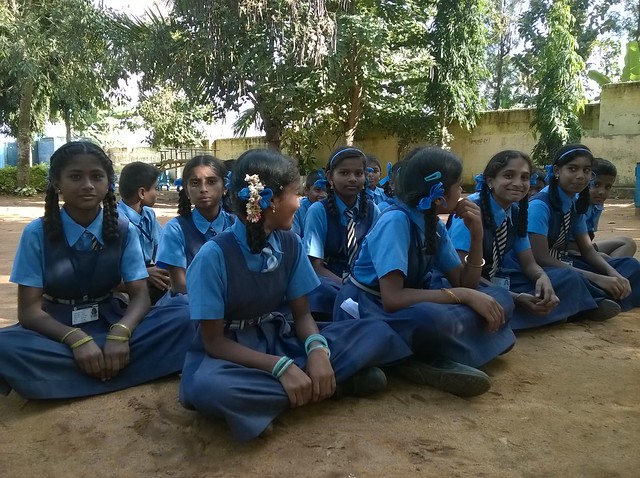5 Facts About Menstrual Hygiene in South Asia

Globally, access to clean water, sanitation and hygiene (WASH) is on the rise, especially in South Asia. According to UNICEF, in India, Bangladesh, Nepal and Pakistan, the percentage of people practicing open defecation—a leading cause of child malnutrition, disease and death—fell from 65 percent to 34 percent. While these WASH initiatives have seen success, they often neglect one important aspect of hygiene that pertains to women, menstruation. The ability for women to menstruate hygienically and with dignity is vital to their empowerment. Here are five facts about menstrual hygiene in South Asia.
5 Facts About Menstrual Hygiene in South Asia
- There is a culture of silence around menstruation; discussing it is often treated as taboo. Females on their periods are often excluded from society because they are seen as impure. One study in Nepal found that 89 percent of respondents practiced some form of exclusion or restriction during a menstrual cycle. However, organizations such as WaterAid are working to break the silence through female-led self-help groups. When just a few women came forward to speak, it inspired others to share their experiences and start breaking the taboo.
- Many girls do not understand their periods. Because the topic is taboo, it is often ignored in schools. As such, 10 percent of girls in India thought menstruation was a disease, and 66 percent of girls in South Asia do not know anything about periods before their first menstruation. A study of 160 girls in West Bengal found that, though 67.5 percent knew what a period was before their first, 97.5 percent did not know where menstrual bleeding comes from. While schools often neglect to teach about reproductive health, this is beginning to change. UK Aid is creating audiobooks for girls dispelling myths and teaching them about their periods, and non-government organizations are creating extracurricular activities that teach about menstrual hygiene in South Asia.
- Menstrual hygiene in South Asia is vital for keeping girls in schools. According to WaterAid, a study done in South India found half the girls in school were pulled out at the time of their first period, often to be married. The girls who stayed in school beyond their first period reported poor performance due to anxiety that the boys in the class would find out they were menstruating.
- Access to feminine hygiene products is expensive. According to WaterAid, in a West Bengal study, only 11.25 percent of girls used disposable feminine hygiene products. The most common obstacles to obtaining them are a lack of awareness about them, the high cost, the lack of availability and the need for disposal facilities. Focus group discussions indicated that girls would prefer sanitary pads because they were more comfortable, discreet, and easier to use and carry. WaterAid is working to make low cost disposable sanitary pads as well as facilities to dispose of them. In the meantime, most women and girls rely on reusable cloth, which comes with its own problems.
- Maintaining menstrual hygiene in South Asia requires improved sanitation. One of the biggest obstacles to menstrual health is a lack of sanitation practices and infrastructure. Most South Asian women and girls rely on reusable cloth. To sanitize them though, they need to wash them in clean water and dry them in sunlight. However, cultural taboos around menstruation often pressure women and girls to try to dry them in dark places, potentially leading to infection. For those who might have access to disposable sanitary pads, they often lack the facilities to get rid of them. This is especially a problem for girls in schools. However, WaterAid and its partners are working on implementing WASH facilities that are lockable and gender-separated, with at least one toilet or washroom with an opening leading to an incinerator or dustbin for feminine hygiene products.
While countries in the region are making great strides in sanitation, there is still much to be done to improve menstrual hygiene in South Asia. It is vital they do so because the ability for women and girls to menstruate with privacy and dignity empowers them to pursue work, education and gives them the opportunity to have a voice in society.
– Katharine Hanifen
Photo: Flickr
